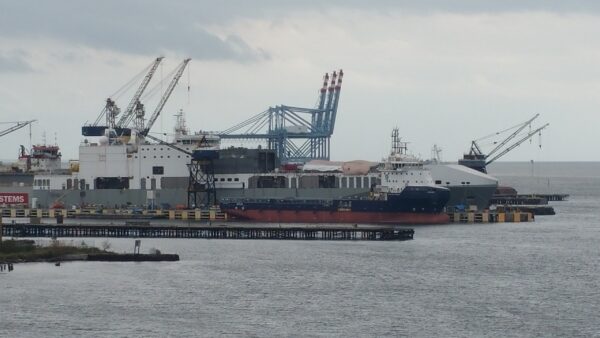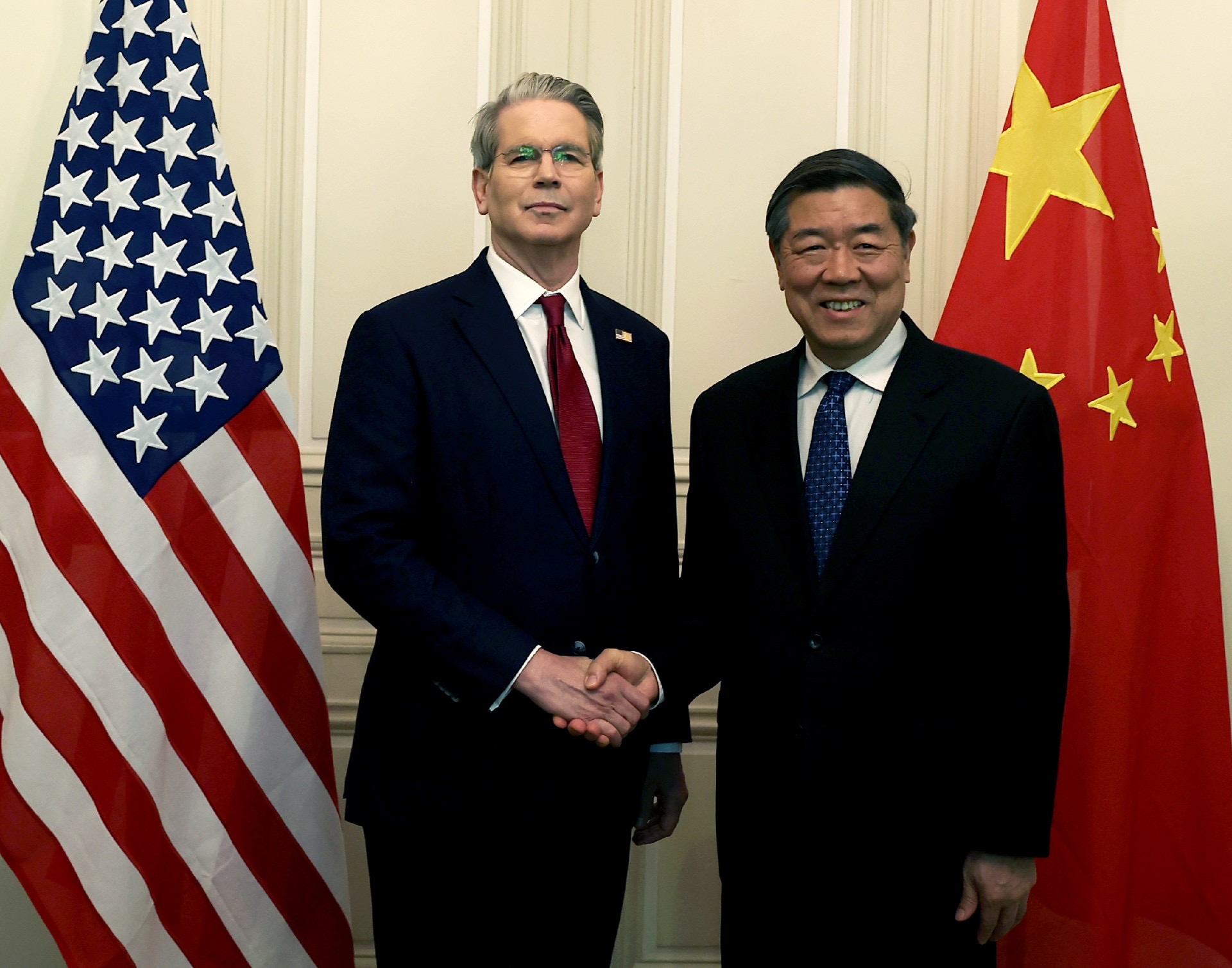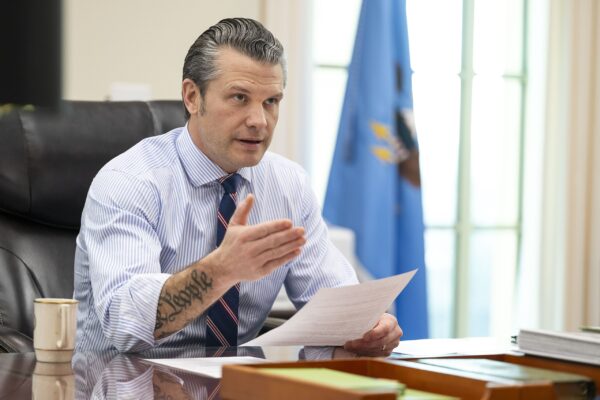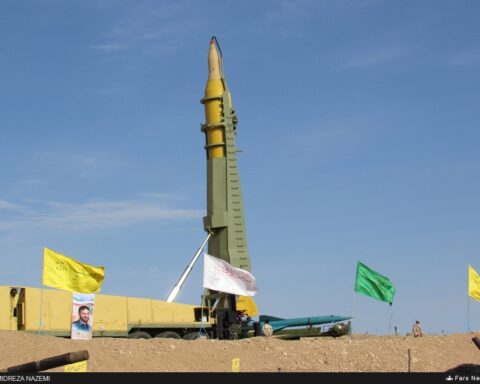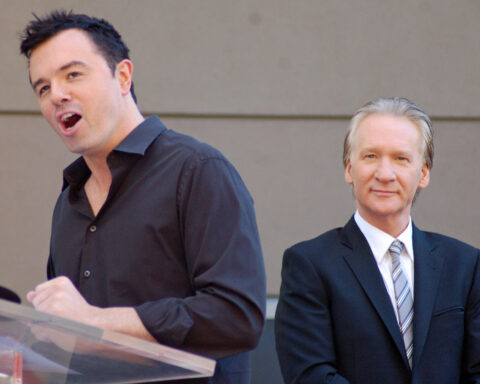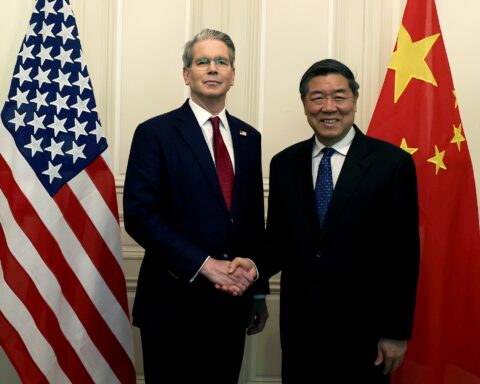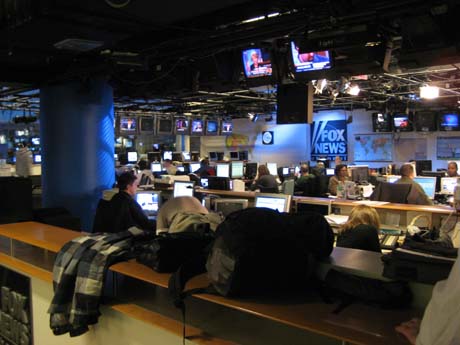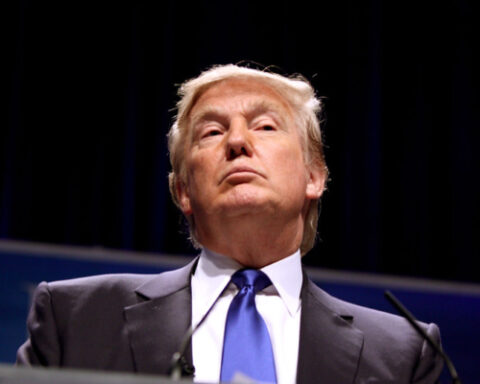A vessel described as a special operations “mothership” has reportedly been confirmed operating in the Caribbean, underscoring President Donald Trump’s escalating campaign to confront cartel networks and hostile actors in the region.
The deployment adds to a growing American military presence across the Caribbean, with new naval, air, and special forces assets now in play.
A spokesperson for Military Sealift Command told Task & Purpose that the MV Ocean Trader, a converted commercial ship, is currently stationed in the Caribbean. While officials declined to detail its mission, defense analysts say the ship is designed to host covert operations.
“The ship is intended to blend in with merchant traffic, whereas obviously a destroyer shows someplace or an [amphibious ship], something like this might not attract as much attention,” said retired Navy Capt. Bradley Martin, a senior RAND Corporation researcher.
Formerly a commercial cargo vessel known as the MV Cragside, the Ocean Trader was retrofitted to support clandestine missions, capable of carrying 159 special operations troops plus a crew of 50 for 45 days at sea. Retired Navy Capt. Brent Sadler of the Heritage Foundation noted: “If the ship is in the Caribbean and hosting special forces, it is clearly supporting the operation to interdict the Cartel drug boats.”
The Ocean Trader is part of a broader surge. The amphibious assault ship Iwo Jima, which can carry AV-8B Harriers and other aircraft, is also deployed in the region.
In Puerto Rico, Marine Corps F-35 Lightning II fighters have been stationed, projecting advanced strike capabilities deeper into the Caribbean.
The buildup extends beyond naval power. In August, Air Force special operations troops carried out airfield seizures as part of an annual exercise. “These operations simulate many of the geographical features our forces may encounter when deployed around the globe,” an Air Force Special Operations Command officer said in a statement.
Encounters with Venezuela have added to tensions. On at least two occasions, Venezuelan F-16s flew close to the USS Jason Dunham.
After the first incident, Trump authorized commanders to act decisively: “If they do put us in a dangerous position, they’ll be shot down,” he warned.
Caracas has also accused American sailors of boarding a fishing vessel inside its exclusive economic zone. But a U.S. official told ABC News that the search occurred in international waters and that no drugs were found.
For Washington, the strategy blends deterrence with covert action. The Ocean Trader’s commercial disguise allows it to operate quietly while serving as a mobile base for elite units.
As Michael Fabey of Janes explained, the ship’s appearance makes it “hard to distinguish from merchant vessels at a distance.” Martin added that the platform allows U.S. forces to “stay fairly low key, but still be able to deliver [special operations] capabilities effectively.”
So far this month, U.S. forces have destroyed three drug-running boats in the Caribbean, killing 17 smugglers. Trump has insisted the aggressive posture is necessary. Where past administrations often deferred to diplomacy or policing, his approach leans on military power to strike swiftly at cartels and adversarial states alike.
[READ MORE: Treasury Secretary Warns Shutdown Could Slow Growth, Blames Democrats for Stalemate]

